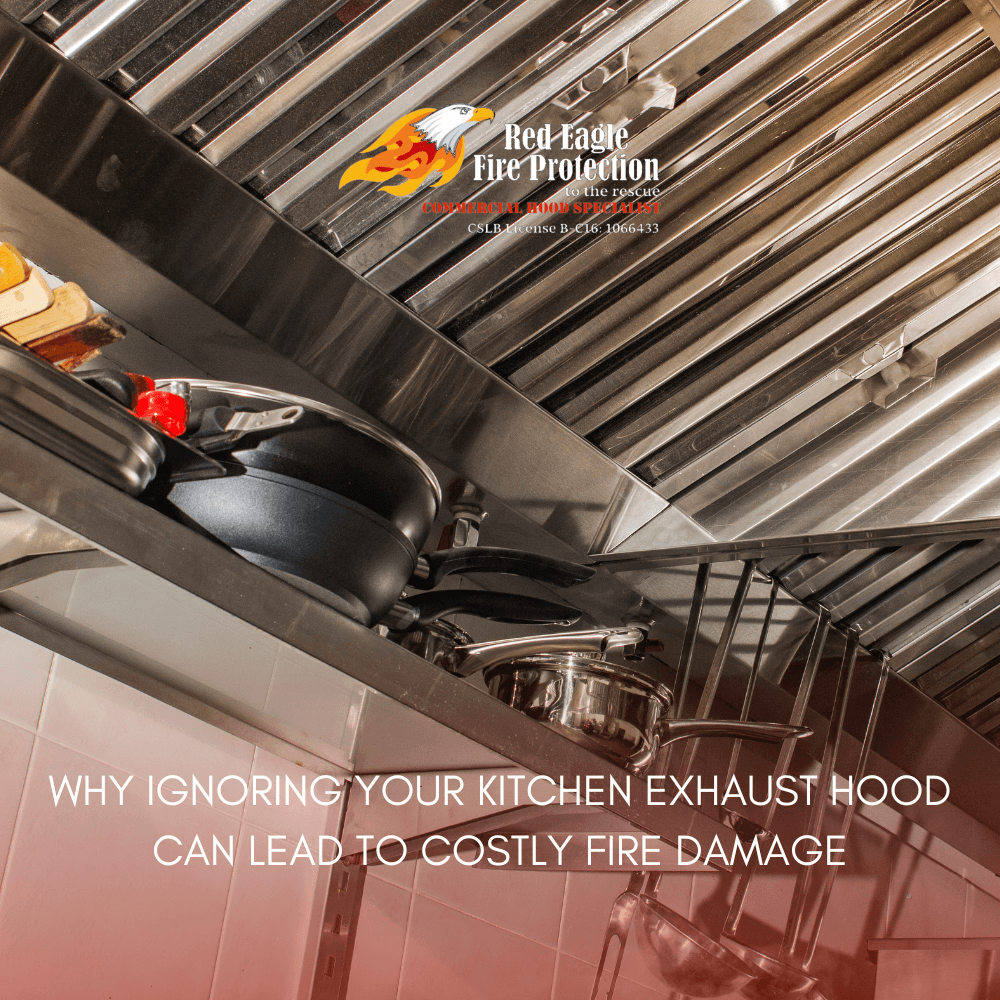Maintaining a clean and safe kitchen is crucial for both homeowners and commercial kitchen operators. One critical yet often overlooked aspect of kitchen maintenance is regular kitchen exhaust hood cleaning. Failing to properly clean your kitchen exhaust hood can result in significant fire hazards, leading to costly fire damage. Understanding the risks and taking preventive measures can help you avoid a disaster.
The Dangers of Ignoring Kitchen Exhaust Hood Cleaning
Over time, the grease and oil from cooking can accumulate in your kitchen exhaust hood and its ducts. This buildup not only affects the efficiency of your ventilation system but also becomes a highly flammable material that can easily ignite if exposed to high temperatures. Without regular exhaust hood cleaning, even a small kitchen flare-up can quickly turn into a catastrophic fire that spreads through your ventilation system.
How Grease Buildup Leads to Fire Damage
As cooking grease collects in the kitchen exhaust system, it becomes a serious fire hazard. When exposed to open flames or intense heat, the grease buildup in the ducts, fans, and filters can catch fire. This fire can spread quickly through the ductwork, often going unnoticed until it’s too late. Routine kitchen hood cleaning removes these fire risks, ensuring a safer cooking environment.
Real-Life Consequences of Neglecting Hood Cleaning
Many restaurants and commercial kitchens have experienced devastating fires that started because of neglected exhaust systems. Fire investigators frequently trace the cause of these blazes to grease buildup in the kitchen exhaust hood. Fire damage can lead to costly repairs, long-term closures, and even complete business losses. By scheduling regular commercial kitchen hood cleaning, you can prevent these unfortunate events and protect your investment.
The Importance of Routine Cleaning
Routine kitchen exhaust hood cleaning is essential for preventing costly fire damage. Depending on the volume and type of cooking, most kitchens should have their hoods professionally cleaned at least every three months. High-volume kitchens, such as those in restaurants, may need cleaning more frequently. Consistent cleaning ensures that grease buildup does not reach dangerous levels and that your ventilation system is functioning properly.
Additional Benefits of Kitchen Exhaust Hood Cleaning
Besides fire prevention, regular kitchen hood cleaning offers other valuable benefits:
- Better air quality: Clean exhaust hoods help remove smoke, odors, and airborne particles, improving the overall air quality in your kitchen.
- Energy efficiency: A clean exhaust system works more efficiently, reducing energy consumption and lowering utility bills.
- Compliance with safety codes: Many fire codes require regular exhaust hood cleaning to reduce fire hazards in commercial kitchens.
Why Professional Cleaning Services Are Essential
While DIY cleaning may seem like a cost-effective option, it often falls short of the thorough cleaning required to remove all grease and debris from the exhaust system. Hiring a professional kitchen exhaust hood cleaning service ensures that your system is properly maintained and compliant with fire safety standards. Professionals can reach areas that are often missed during manual cleaning, such as deep within the ducts and fans.
Conclusion
Neglecting regular kitchen exhaust hood cleaning can result in costly fire damage that could otherwise be prevented. Grease buildup is a serious fire hazard, and maintaining a clean exhaust system is crucial to protecting your property and ensuring the safety of everyone in the kitchen. Don’t wait for a disaster to happen—schedule regular hood cleanings to stay safe and compliant.
READ MORE:
The Fire Prevention Benefits of Routine Kitchen Exhaust Hood Cleaning
Fire Hazards in Commercial Kitchens: The Importance of Regular Hood Cleaning

